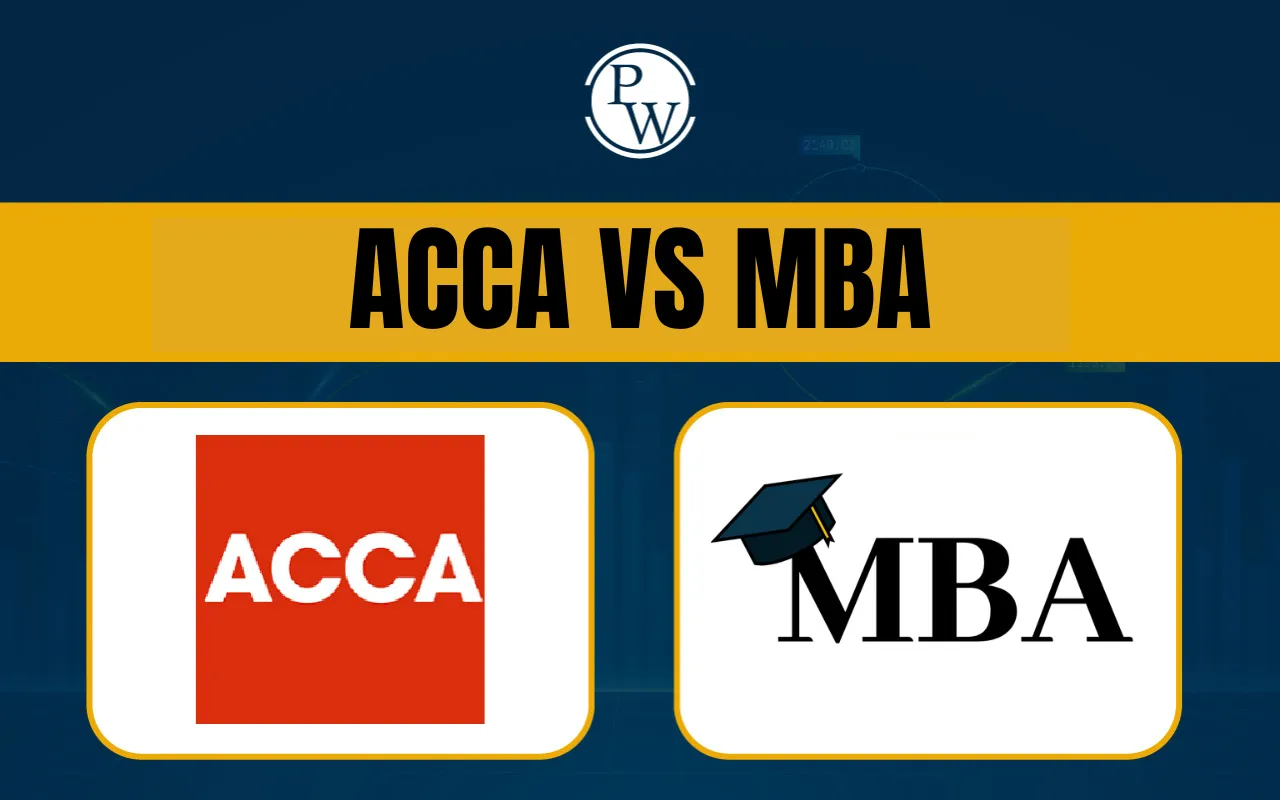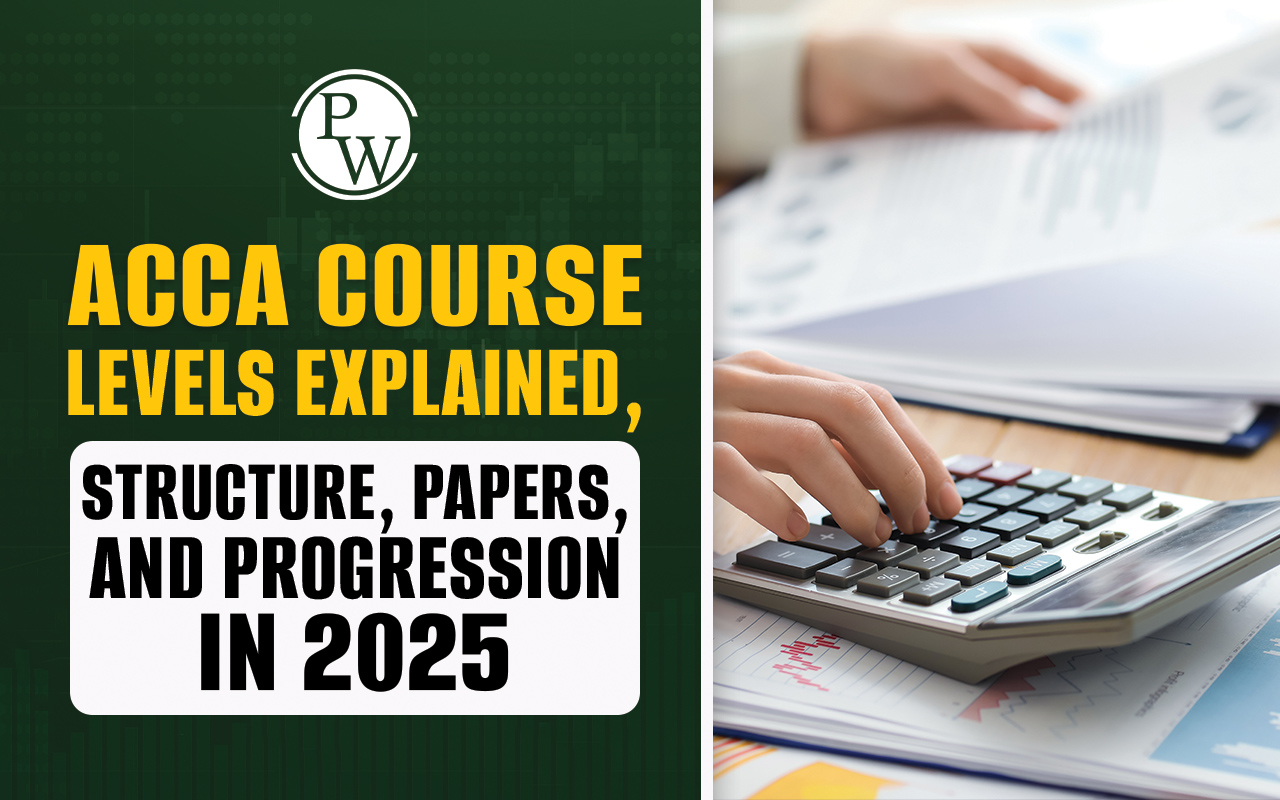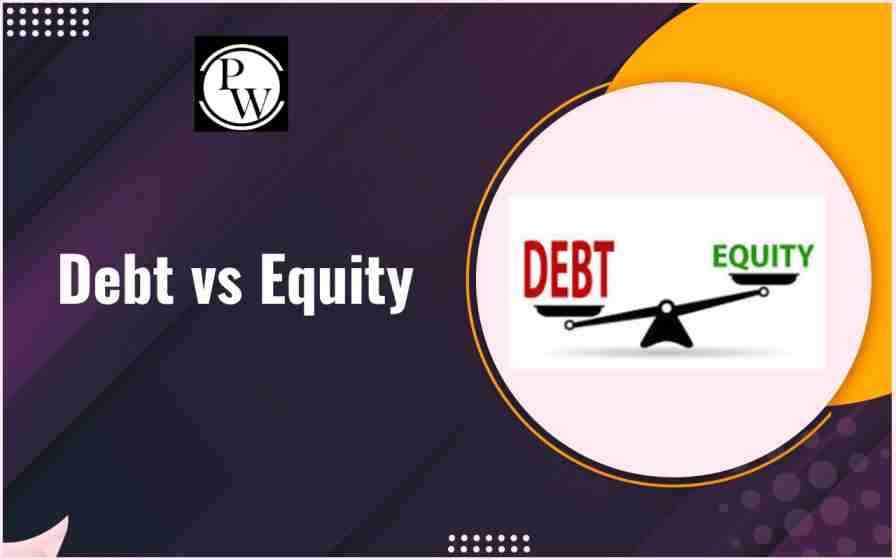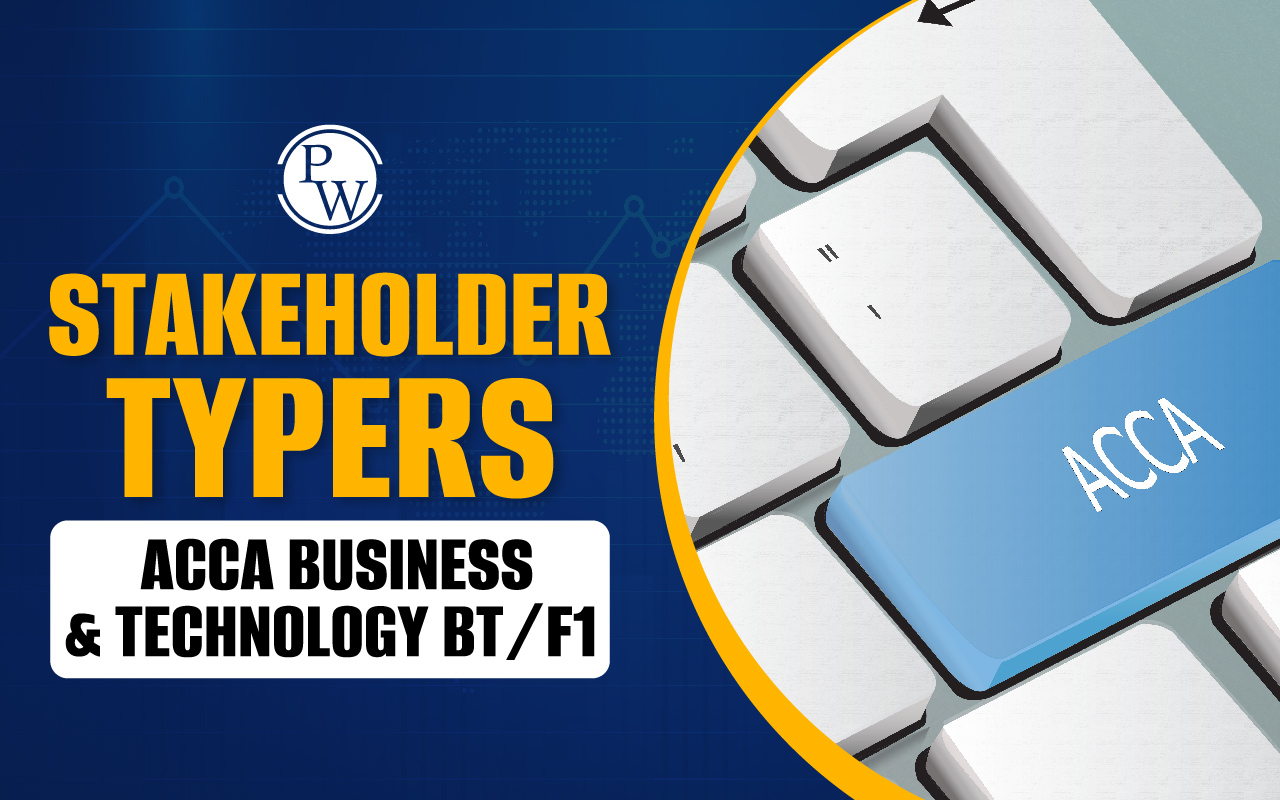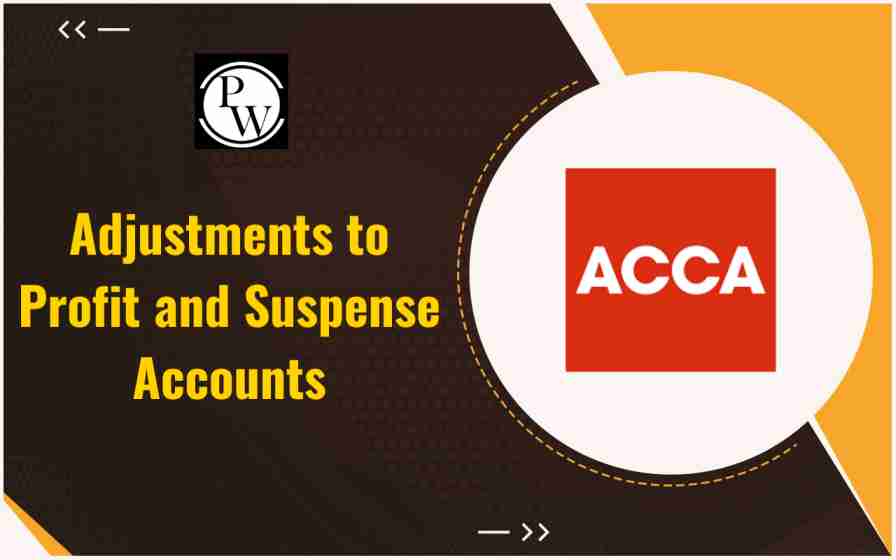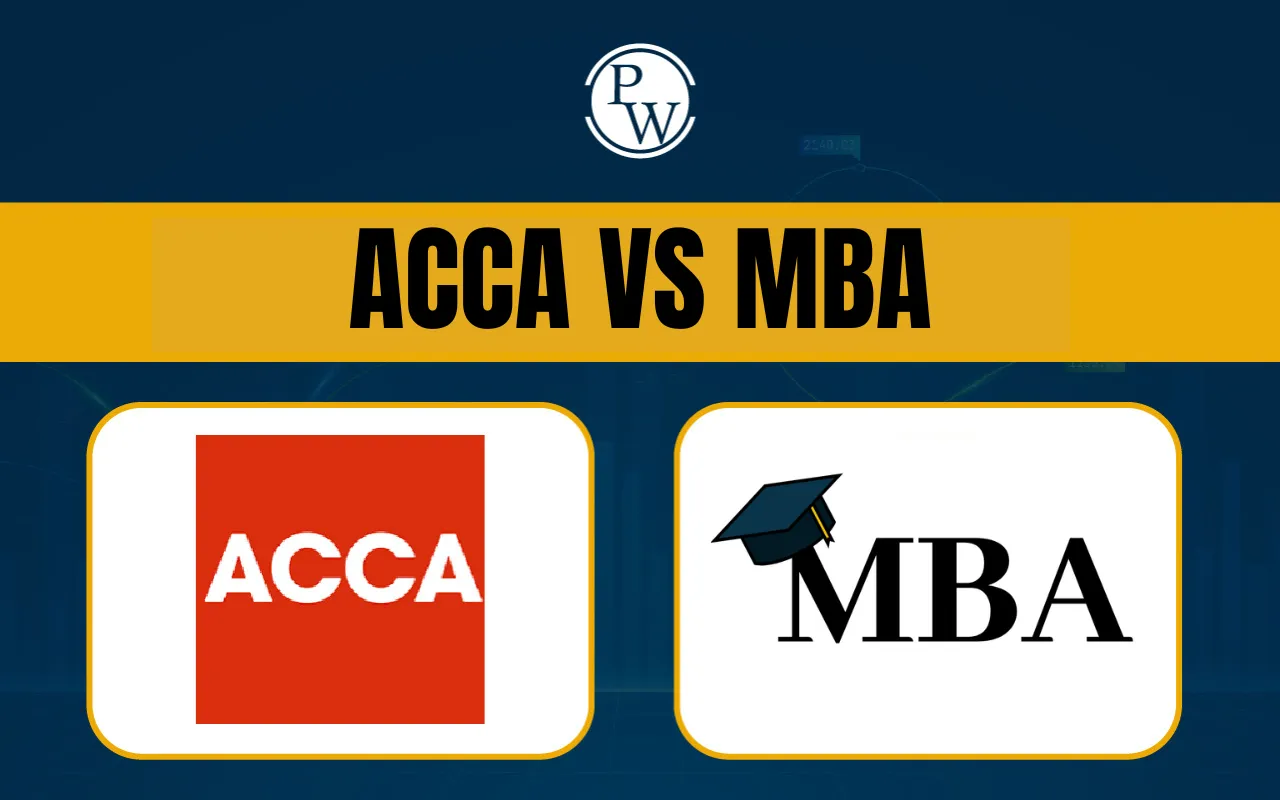
The choice between ACCA and MBA has become increasingly significant for individuals aiming to build successful careers in finance, accounting, or business management. Both qualifications have seen a steady rise in demand over the past two decades, owing to their strong career prospects and lucrative salary opportunities.
Pursuing either ACCA or an MBA opens doors to diverse roles across industries. These programs are highly regarded and offer global recognition. However, deciding which path to follow often becomes a challenging task for students and professionals alike. The ongoing comparison of ACCA vs MBA highlights the need to understand their key differences, learning outcomes, and long-term benefits.
Check detailed analysis of both courses to help you determine which one aligns best with your career aspirations, professional interests, and educational background.
ACCA vs MBA
Understanding the core differences between ACCA and MBA is crucial for making an informed academic and professional choice. Each course offers unique learning outcomes, career pathways, and areas of focus. Below is a structured comparison based on important parameters:
|
ACCA vs MBA |
||
|
Parameters |
ACCA |
MBA |
|
Meaning |
The Association of Chartered Certified Accountants (ACCA) is a globally recognised UK-based qualification designed for individuals seeking to build a career in accounting, both in India and internationally. |
A Master of Business Administration (MBA) is a postgraduate degree that offers comprehensive knowledge in business and management, with MBA Finance focusing specifically on financial management. |
|
Organising Body |
The ACCA qualification is awarded by the global professional accounting body, the Association of Chartered Certified Accountants (UK). |
MBA degrees are provided by both private and government-approved business schools and universities, recognised nationally and internationally. |
|
Course Duration |
The ACCA course can typically be completed within a period of six months to two years, depending on the student’s pace and exemptions. |
A full-time MBA program, especially from a reputed business school, generally requires a commitment of two years to complete. |
|
Learning Approach |
The ACCA programme is designed to deliver in-depth knowledge and practical skills in core areas of accounting, auditing, and financial reporting. |
MBA programmes focus on broader business and management education, integrating case studies, group projects, and simulations to develop leadership and decision-making skills. |
|
Career Scope |
After completing ACCA, professionals can pursue roles such as Accountant, Taxation Manager, Financial Consultant, Internal Auditor, and Finance Manager. |
MBA Finance graduates are eligible for roles like Investment Banker, Financial Planner, Insurance Analyst, Commercial Banker, and Financial Manager. |
Who Should Pursue ACCA?
The ACCA qualification enhances your professional profile and adds significant value to your resume, helping you stand out in a competitive job market. It is particularly suited for individuals with a strong foundation in accounting and a clear interest in building a career in commerce and finance. Consider pursuing ACCA if:
-
You possess a background in accounting or commerce and aim to specialise further in areas such as auditing, financial reporting, or taxation.
-
You hold a degree such as B.Com, CA, or any other relevant accounting qualification and wish to expand your expertise and career prospects in the finance domain.
-
You are currently employed in the finance or accounting sector and are looking to gain a globally recognised certification to deepen your domain knowledge. ACCA roles primarily involve responsibilities such as account analysis, audit reviews, and financial consulting.
Who Should Pursue an MBA?
An MBA degree is among the most popular and respected qualifications for those aspiring to leadership and managerial roles. It offers a broad-based business education, covering various aspects of management, finance, marketing, and operations. You may consider pursuing an MBA if:
-
You aim to secure a management-level position and wish to begin your career with a strong salary package and strategic responsibilities.
-
You are considering a career transition across different sectors. An MBA can offer the flexibility to move between industries due to its comprehensive curriculum and practical approach to business challenges.
-
You wish to apply financial principles within a broader business and management context, including tasks such as financial statement analysis, asset management, taxation, and organisational decision-making.
Which Course to Choose Between ACCA and MBA?
Choosing between ACCA and MBA depends on your career aspirations, educational background, and professional goals. Both courses have distinct advantages, and understanding their differences can help you make a well-informed decision. Here are some key insights to conclude the ACCA vs MBA comparison:
-
Time commitment plays a significant role when selecting a course. The duration of the ACCA programme can range from six months to two years, depending on prior qualifications and exemptions. On the other hand, a full-time MBA degree usually spans two years. Assess your availability and timeline before deciding.
-
The ACCA curriculum is detailed and rigorous, designed to provide deep expertise in accounting, taxation, and auditing. It is best suited for individuals looking to build a specialised career in finance. In contrast, an MBA offers a broader understanding of business operations and develops leadership, strategy, and managerial skills, preparing students for diverse roles across industries.
-
For ACCA certification, candidates must provide proof of at least three years of relevant work experience to become a member. An MBA degree, however, typically does not have a mandatory work experience requirement, although internships during the course are encouraged to gain practical exposure.
Ultimately, the decision between ACCA and MBA should align with your long-term career vision, learning style, and desired job role. Whether you aim to become a qualified accountant or a dynamic business leader, choosing the right course is a strategic step towards future success.
| Also Check: | |
| ACCA VS CPA | ACCA Vs CMA |
| ACCA VS IFRS | ACCA Vs CA |
